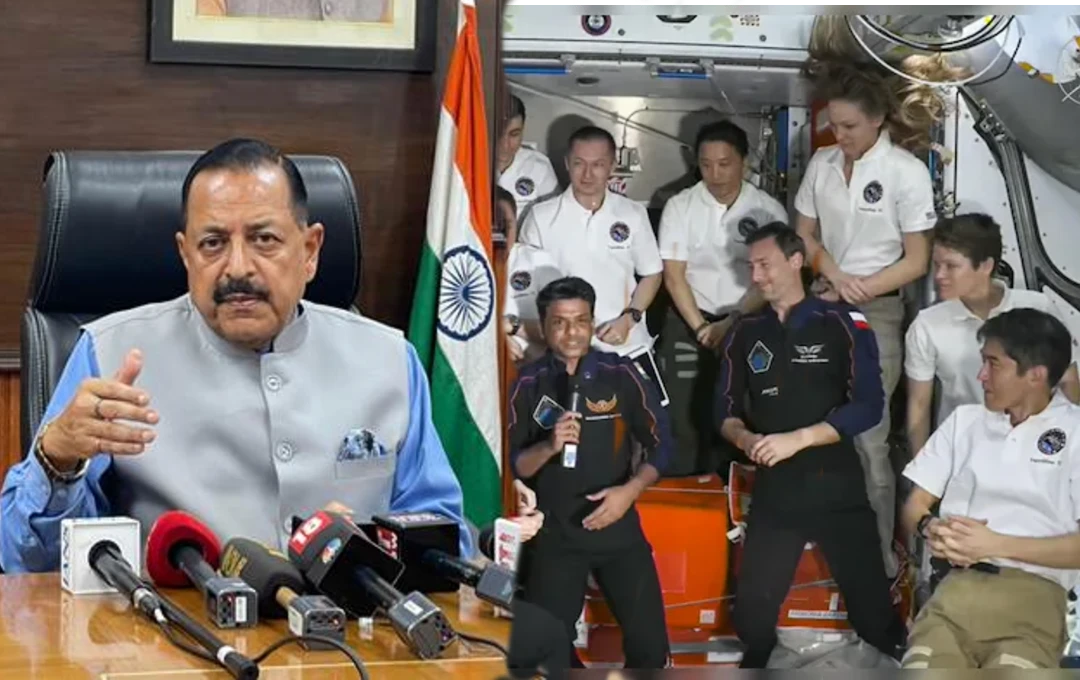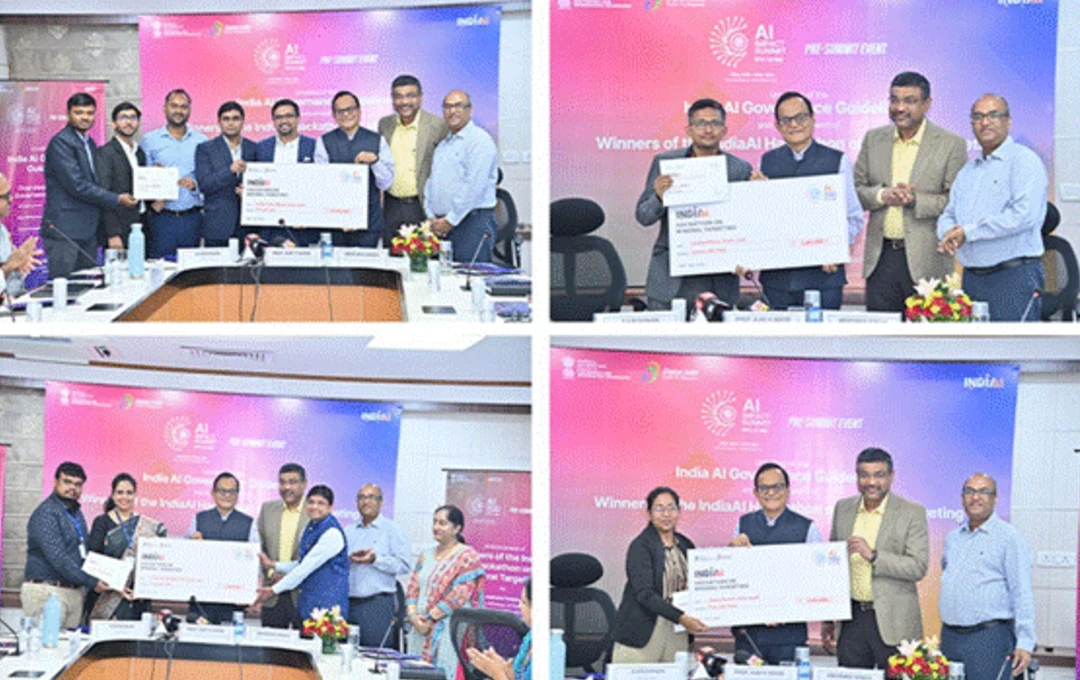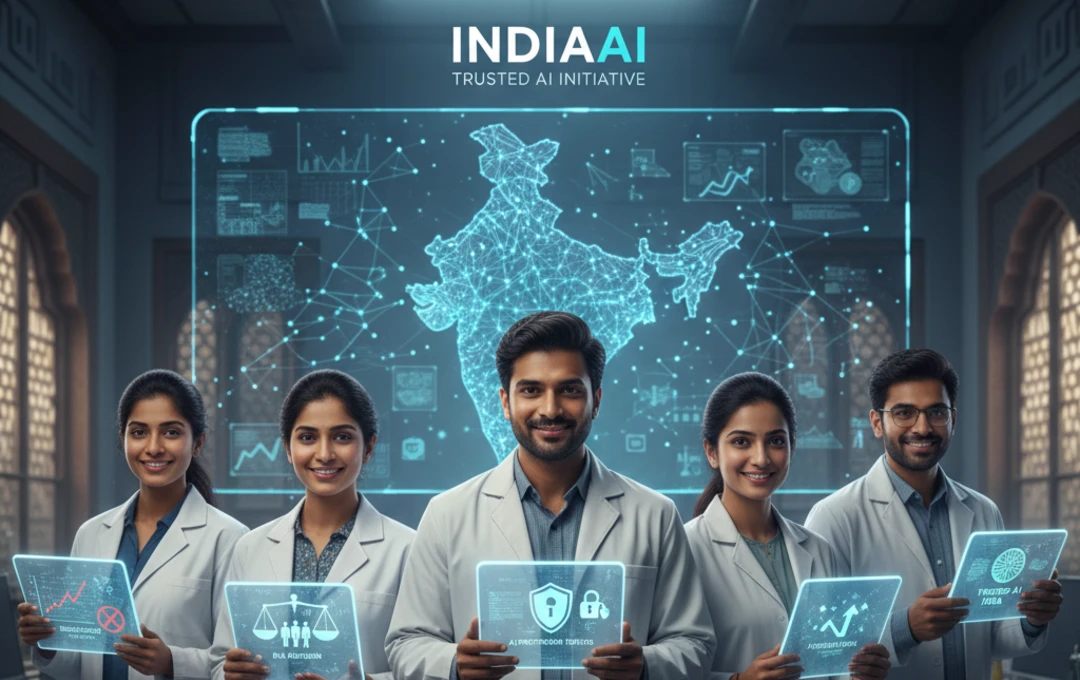India's Atmanirbhar Space Victory: Shubhanshu Shukla Docks at the International Space Station with Seven Homegrown Tests
Shubhanshu Shukla, the first Indian astronaut, docks on Axiom-4 at the ISS. With worldwide ramifications, seven "Made-in-India" microgravity experiments created by national institutes will be carried out in space, representing Atmanirbhar and Vishwabandhu Bharat.

In a historic milestone on 26 June 2025, the Dragon spacecraft successfully docked with the International Space Station (ISS), carrying Group Captain Shubhanshu Shukla and three other crew members. Union Minister Dr. Jitendra Singh, MoS for Science & Technology, praised the achievement as a powerful reflection of Atmanirbhar Bharat and Vishwabandhu Bharat, underscoring that all seven experiments on board were indigenously designed by Indian institutes, with findings to be shared globally.
Dr. Singh, who closely monitored the Axiom-4 mission, remarked, "India's role in space exploration is no longer limited to the launchpad. We are now shaping the future of life and science in space." He added that Shukla carries the nation's scientific aspirations into microgravity realms.
Seven Made-in-India Experiments:
-
Edible Microalgae (ICGEB & NIPGR): studying growth, metabolism, nutrition, wastewater recycling, and CO2-O2 conversion.
-
Sprouting Seeds (UAS & IIT Dharwad): focusing on moong and methi germination and their nutritional properties.
-
Muscle Regeneration (BRIC-InStem): addressing muscle loss under microgravity and rehabilitation.
-
Tardigrade Survival (IISc Bengaluru): evaluating organism resilience in space conditions.
-
Human-Display Interaction (IISc Bengaluru): analyzing astronaut interface with onboard electronic systems.
-
Cyanobacteria Growth (ICGEB): using urea-based nitrogen recycling and exploring cyanobacteria as a potential superfood.
-
Seed Resilience Trials: testing rice, cowpea, sesame, brinjal, and tomato for future space agriculture and climate adaptability.
Dr. Singh emphasized that these experiments embody the Prime Minister's vision and will benefit both India and the global scientific community. He stated that India is shifting from being a launch-capable nation to becoming a leader in space biosciences, adding: "These experiments will open new frontiers for sustainable life in space and resilient ecosystems on Earth."




